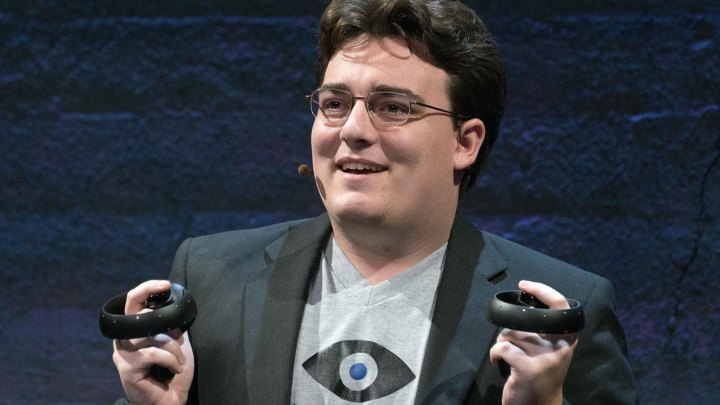
Facebook issued a statement on Luckey’s departure:
“Palmer will be dearly missed. Palmer’s legacy extends far beyond Oculus. His inventive spirit helped kick-start the modern VR revolution and helped build an industry. We’re thankful for everything he did for Oculus and VR, and we wish him all the best.”
Luckey sold Oculus to Facebook three years ago for $3 billion, and stayed on at Facebook to work on core VR technology.
Facebook declined to comment on whether Luckey’s departure was of his own accord, per company policy on personnel moves. Luckey’s exit comes just two months after a high-profile court case between Facebook and Zenimax, which had sued Facebook for intellectual property theft, alleging that John Carmack, Oculus chief technology officer and a former Zenimax employee, used trade secrets owned by Zenimax to help develop the Oculus Rift. Carmack, Luckey, and Facebook co-founder Mark Zuckerberg all testified in the proceedings.
Although the jury ruled against Zenimax on the intellectual property theft claim, the jury found that Luckey had violated a nondisclosure agreement in order to build the Rift. Facebook was ordered to pay Zenimax $500 million as a result. Facebook said it will appeal the decision.
Luckey stirred up negative attention in September when The Daily Beast published a story claiming that Luckey was funding a far-right political group bent on smearing presidential candidate Hillary Clinton with memes. Luckey released a statement via Facebook in which he said that he donated $10,000 to Nimble America because “they had fresh ideas on how to communicate with young voters through the use of several billboards.” He vowed that he was a supporter of libertarian Gary Johnson, and that he would not donate to the controversial organization again.
Because of the negative attention, Luckey skipped the third annual Oculus Connect conference two weeks later, and kept a low profile until the court proceedings earlier this year.
After Friday, Oculus will be without one of its co-founders, just a year after the Rift hit stores.


